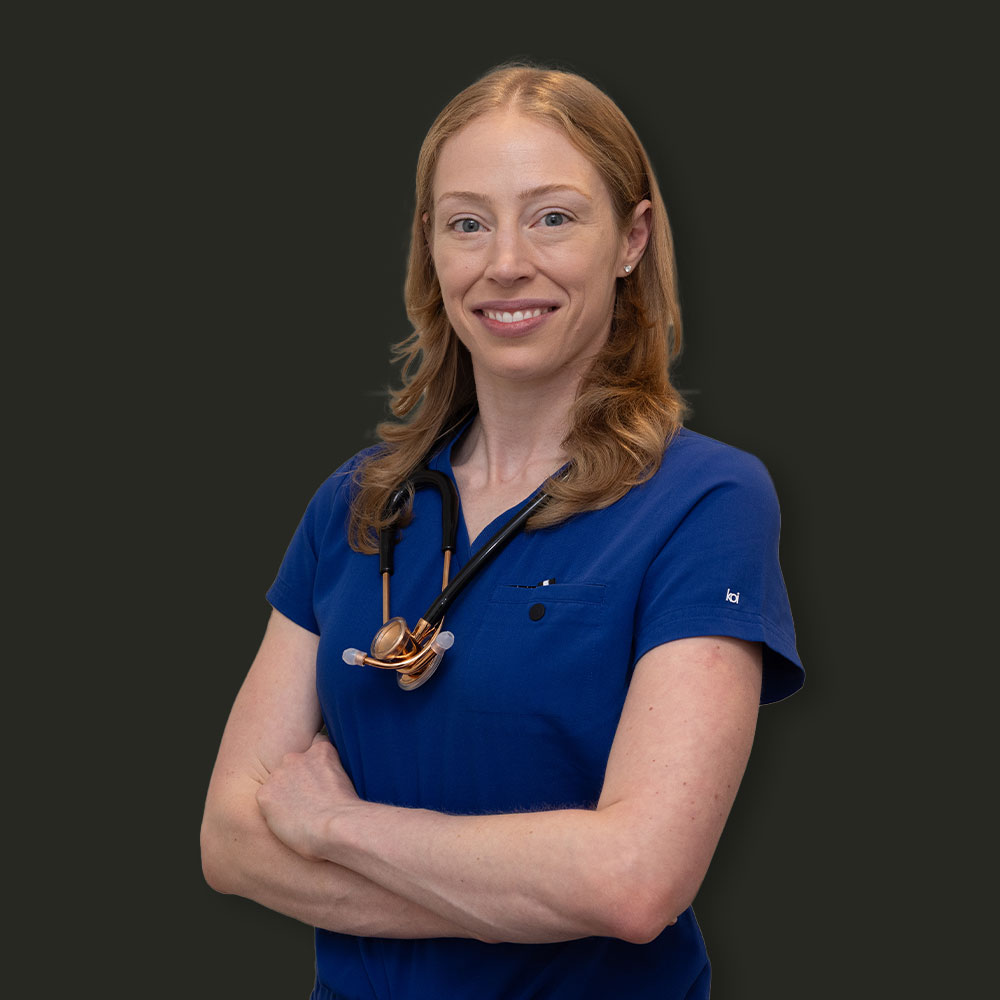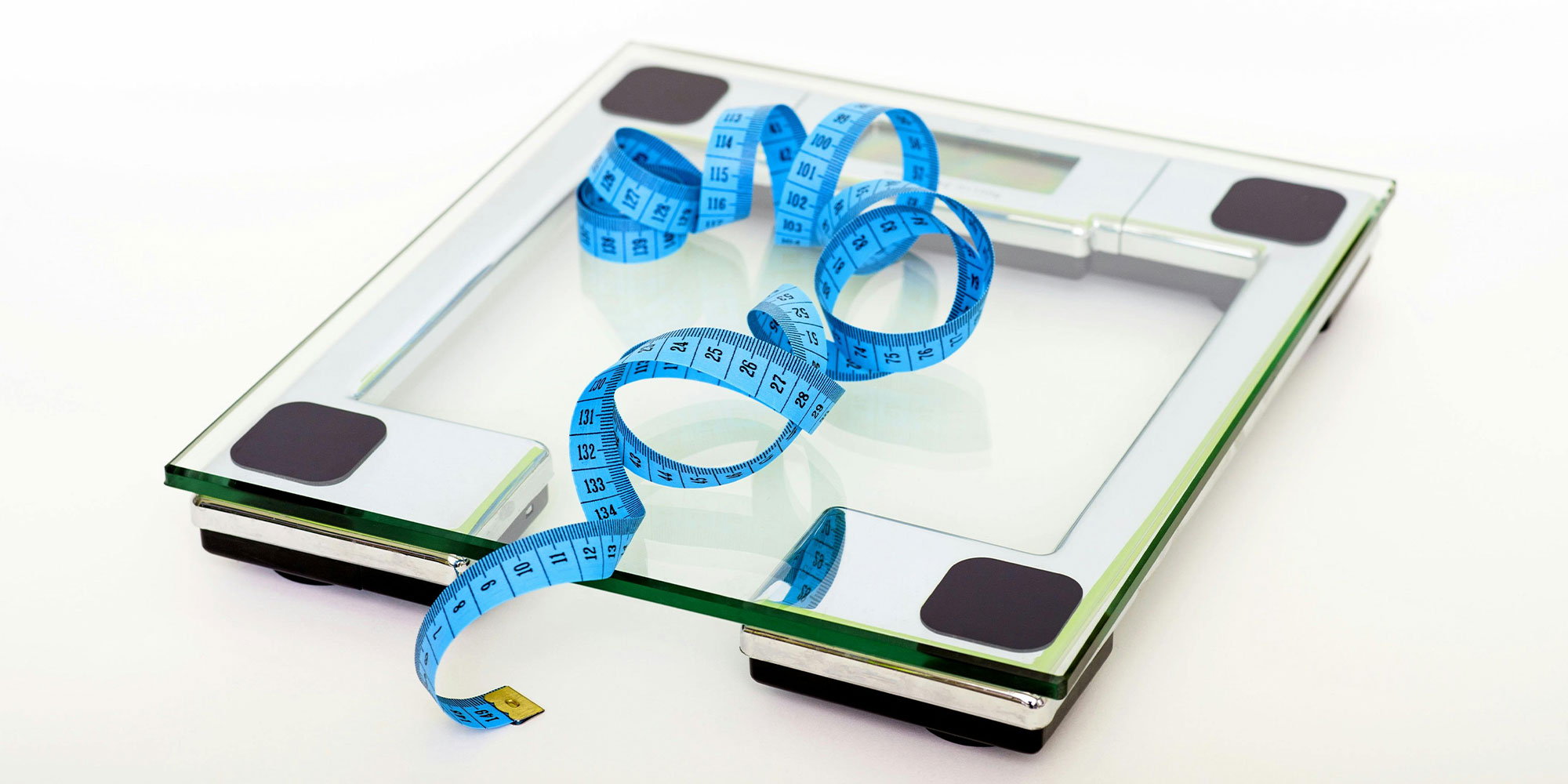Concierge medicine has long been known for exclusivity. Today, it’s not just about luxury, it’s about access: access to time, trust, and care that truly works. In this post, I’ll share what concierge care means now, who it serves, and why it’s become one of the most practical choices for individuals who value access, connection, and care that truly works.
As a child, I used to play behind the receptionist’s desk in my mother’s waiting room. I saw the beautiful relationships she formed with her patients and the lives she changed. I wanted that for myself one day, to have those relationships to change peoples’ lives for the better.
After practicing in traditional insurance-based clinics for years, I realized the healthcare industry is crumbling around us. It’s become a bureaucracy of administrators assessing metrics without walking in the patients’ shoes to see what is happening to care. I’ve worked in Santa Monica, Pacific Palisades, and beyond. The story was always the same: not enough time, too much paperwork, and a system that rewards quantity over quality.
In primary care, this is particularly damaging. If your doctor can’t get to know you, your values, your goals, your history, it’s simply not possible for them to provide you with the care that’s best for you. The NIH conducted a study between 1998 and 2000 and found that, at that time, patients on average spoke about major topics for 2 minutes and minor topics for 1 minute. Things have without a doubt only worsened over the past 2 decades, and any physician will tell you a major health concern requires more than 2 minutes of listening. It was incredibly hard for me to leave my practice and patients, but I knew the healthcare industry was not going to improve anytime soon.
It’s exhausting. And it’s not your fault. The system simply isn’t built for thoughtful care. It’s built for throughput.
Concierge care flips the model.
Instead of billing your insurance company for every visit or message, I work directly with you. You pay an annual fee, and in return you get:
It’s not transactional. It’s relational. That’s the difference.
But isn’t That Just for the 1%?
Not anymore.
I built Bespoke Medicine for people like you. Working parents. Entrepreneurs. Creatives. People with full lives and real responsibilities who just want better healthcare without jumping through hoops.
Here’s the truth: Concierge care doesn’t need to be expensive to be effective. In fact, for many patients, it’s more affordable long-term.
Here’s why:
Most of my patients save money overall because their care is more efficient, more accurate, and more responsive.
You don’t need a personal assistant or a black card. You need a doctor who answers the phone when you call.
If you’re someone who:
If you’re nodding your head, then concierge care is likely a strong fit.
Dr. Tassa’s Note: The most common thing I hear is, 'I didn’t know care like this was possible.' Once you experience it, you’ll never want to go back."
This is the part that trips people up.
I don’t bill insurance. That’s what allows me to spend more time with you, not less. But many of my patients still use their insurance for things like:
Dr. Tassa’s Note: With high deductible plans, even a low level visit with a rushed primary care doctor is often a few hundred dollars. The numbers quickly start to make sense when you look at the big picture.
When people feel truly seen, they make better health choices. They follow through on treatment. They reach their goals faster. They feel more confident, more grounded, and more in control.
That’s what this model is really about is making healthcare feel human again.
“I’ve never had a doctor take this much time with me.”
“I didn’t realize how much I was missing until now.”
“This is how medicine should be.”
Dr. Tassa’s Note: They’re not saying that because of luxury. They’re saying it because they feel safe, informed, and respected.

I don’t think concierge care should be rare. I think it should be the standard.
You shouldn’t have to fight for 10 minutes with your doctor. You shouldn’t have to repeat your history every visit multiple times for the doctor and different staff members. And you definitely shouldn’t have to settle for care that leaves you with more questions than answers.
If you’re curious about what this looks like in real life, I’d be happy to show you.
Stay informed about the latest research in psychology.

Too often, women are told they’re “too young” or “just stressed” when they report sleep changes, mood swings, or unexplained weight gain. In truth, perimenopause can begin as early as the mid-30s, with symptoms that are subtle and easily overlooked. Here are ten early signs to know, and how we address them at Bespoke Medicine.

GLP-1 medications like Ozempic, Wegovy, and Mounjaro have reshaped the weight-loss conversation. For many, they’ve brought hope and real results; for others, confusion and side effects. In my practice, I guide patients through this journey so they lose weight with results and with an empowered mindset.

Concierge medicine has long been known for exclusivity. Today, it’s not just about luxury, it’s about access: access to time, trust, and care that truly works. In this post, I’ll share what concierge care means now, who it serves, and why it’s become one of the most practical choices for individuals who value access, connection, and care that truly works.